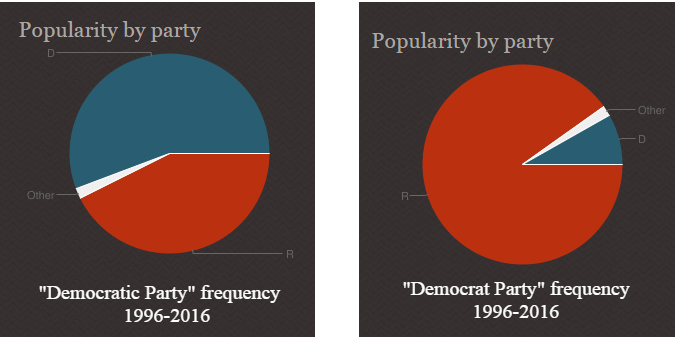New Civil Society Website Makes Available to the American People Reports Previously Available to Congressional Staff and DC Insiders
Contact: Daniel Schuman, Demand Progress
202–577–6100, daniel@demandprogress.org
FOR IMMEDIATE RELEASE
Washington, DC — October 19, 2016 — More than 8,200 reports authored by the Congressional Research Service, Congress’ think-tank, were published online today at EveryCRSReport.com by Demand Progress, a progressive grassroots organization with 2 million members that works to build a modern democracy. CRS reports contain non-partisan, in-depth analysis of important issues before Congress, ranging from telecommunications to privacy to social security and more, and are written to help members of Congress understand the policy choices they must make. Continue reading “For The First Time, More than 8,200 Congressional Research Service Reports Available Online”


